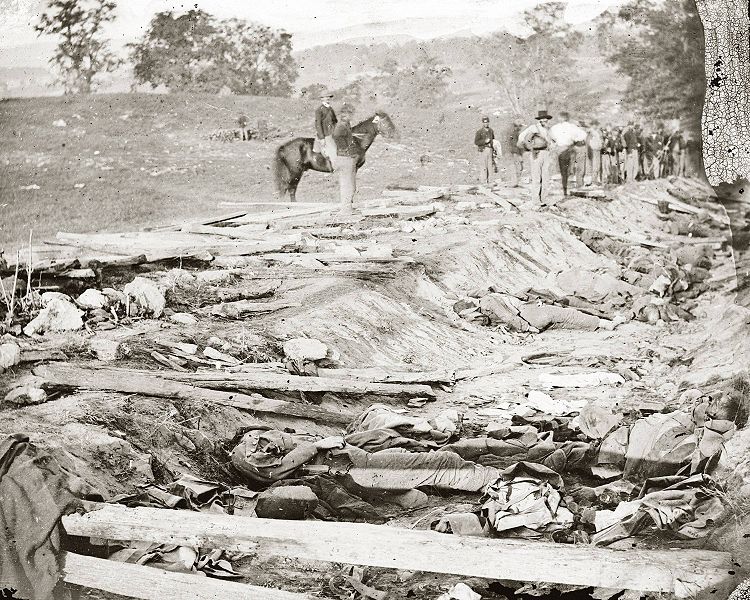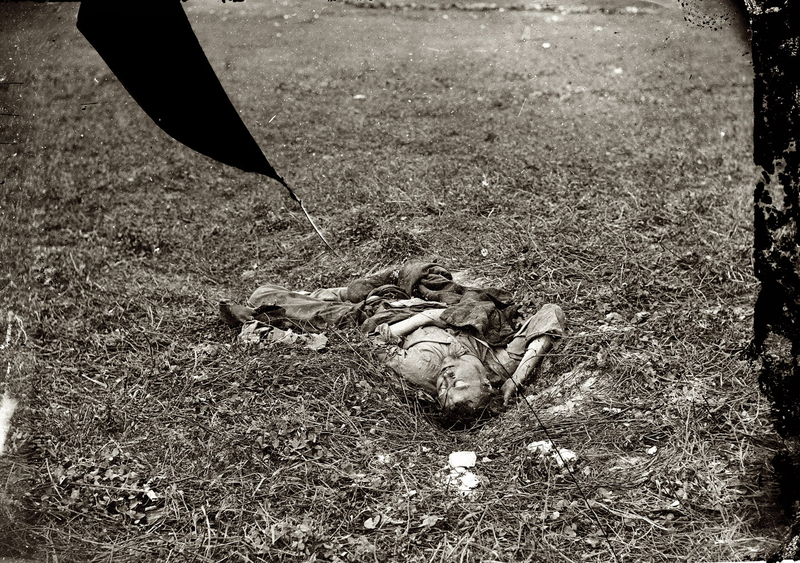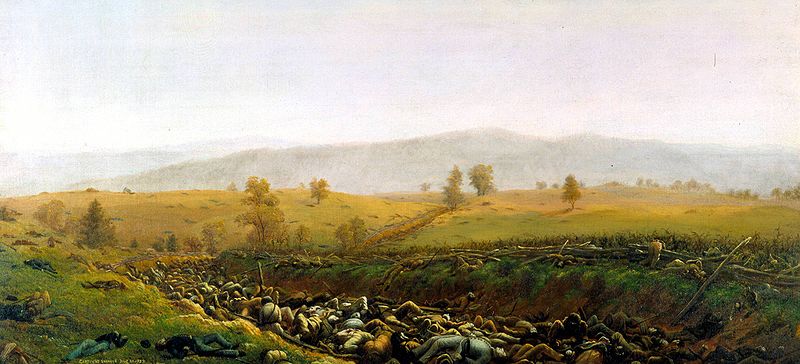I am aware of the fact that under ordinary circumstances a general is expected to risk a battle if he has a reasonable prospect of success; but at this critical juncture I should have had a narrow view of the condition of the country had I been willing to hazard another battle with less than an absolute assurance of success. At that moment--Virginia lost, Washington menaced, Maryland invaded--the national cause could afford no risks of defeat. One battle lost and almost all would have been lost. Lee's army might then have marched, as it pleased, on Washington, Baltimore, Philadelphia, or New York. It could have levied its supplies from a fertile and not devastated country, extorted tribute from wealthy and populous cities, and nowhere east of the Alleghenies was there another organized force able to arrest its march.If he had attacked, he probably would have destroyed Lee's army. Lee had thrown every unit available into the combat. At times, all that stood before McClellan was a few cannon and stragglers, but McClellan had convinced himself that Lee was reserving 100,000 men to deal him a fatal blow. By failing to press his successes, McClellan turned what should have been a resounding Union victory into a tactical draw.
The Confederates were considering a retreat, not an assault. They had no units or reserves left, but if they could defeat McClellan again, they could launch an offensive into the North with little to stand against them. Lee called a council of war at his headquarters, with Jackson, the Hills, McLaws, Walker, Good, Early and Longstreet. Each commander reported heavy losses, and there was little confidence of being able to hold their ground if attacked. Lee however, decided to rest and stay where he was.
The day after the battle a truce was made to carry for the wounded. The losses had been heavy on both sides. The Confederates lost 2,108 killed, 9,540 wounded and 753 missing. The Federals lost 1,546 killed, 7,752 wounded and 1,018 missing. It remains the bloodiest day in American history. There were bloodier battles in the Civil War, but there have never been this many American battlefield casualties who all fell on a single day.
 |
| Union burial party |





0 comments:
Post a Comment